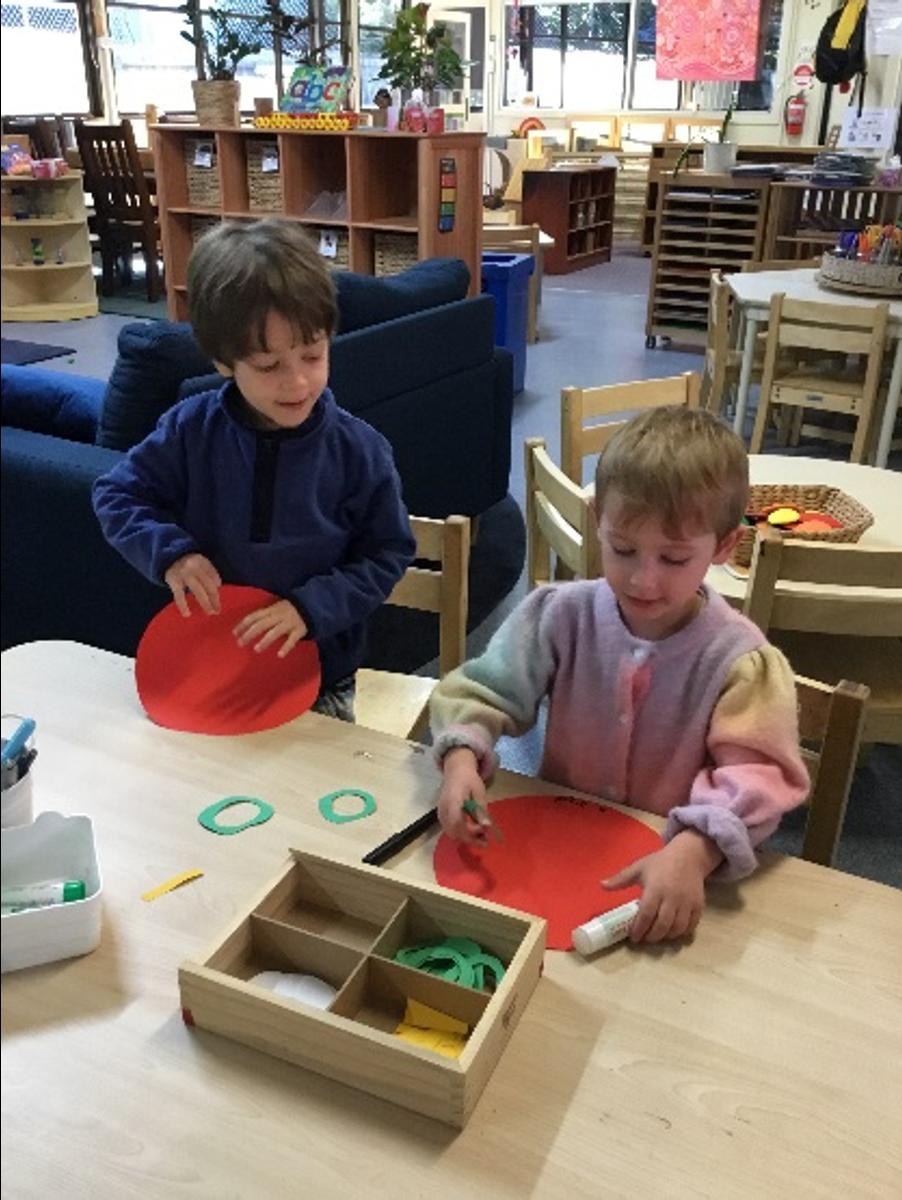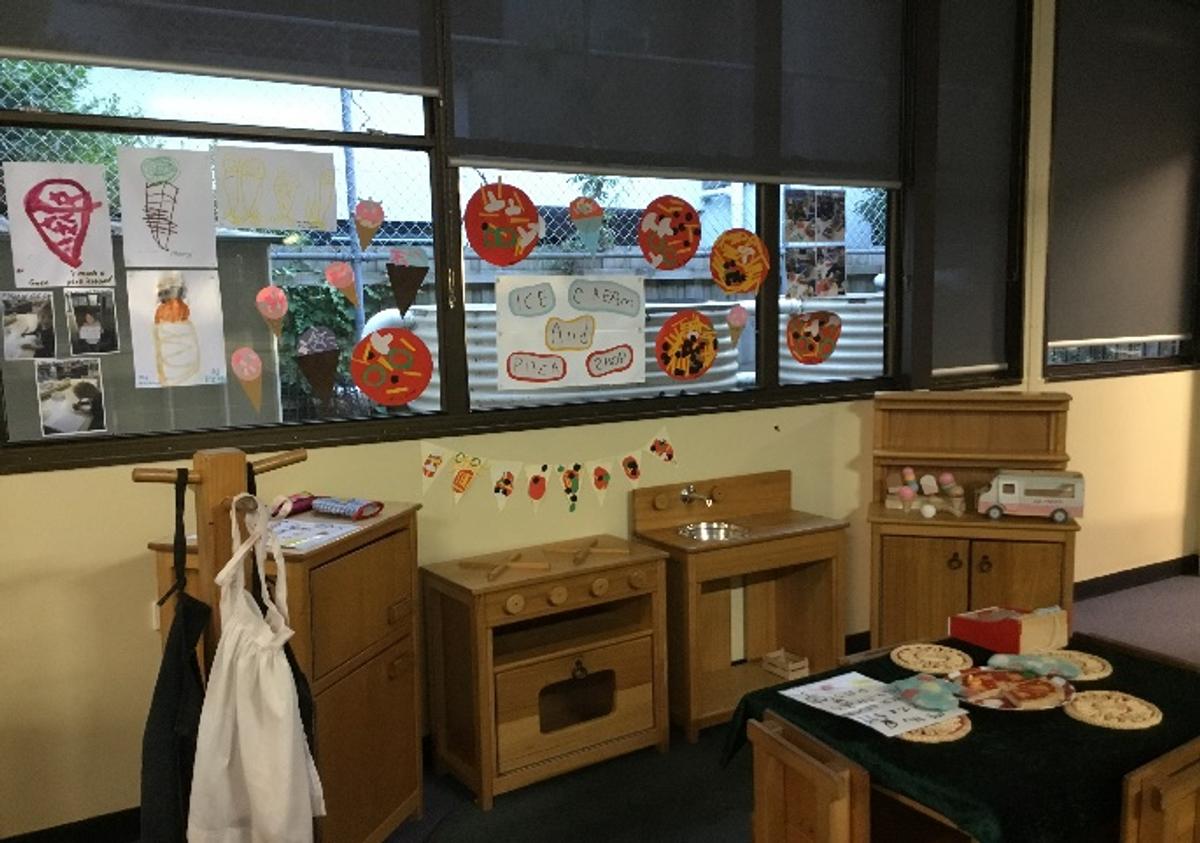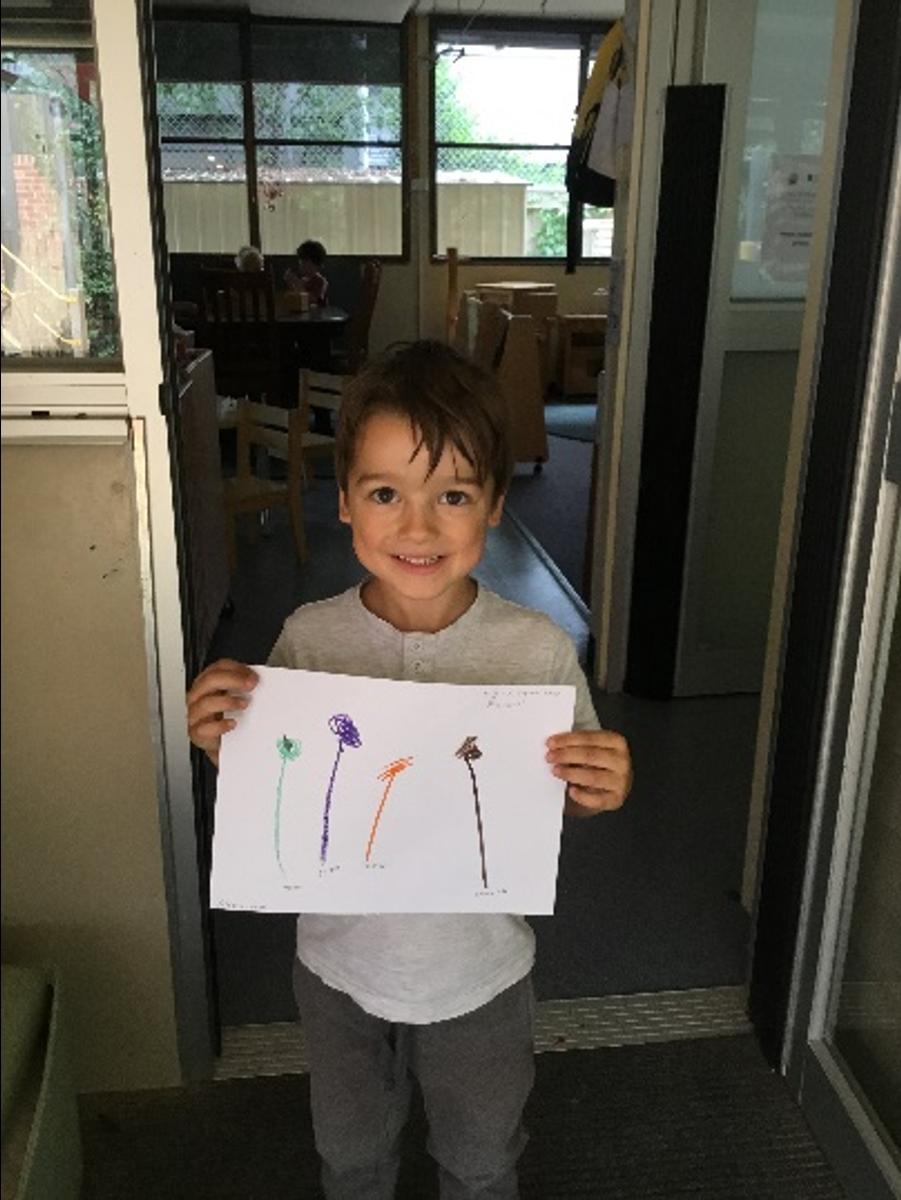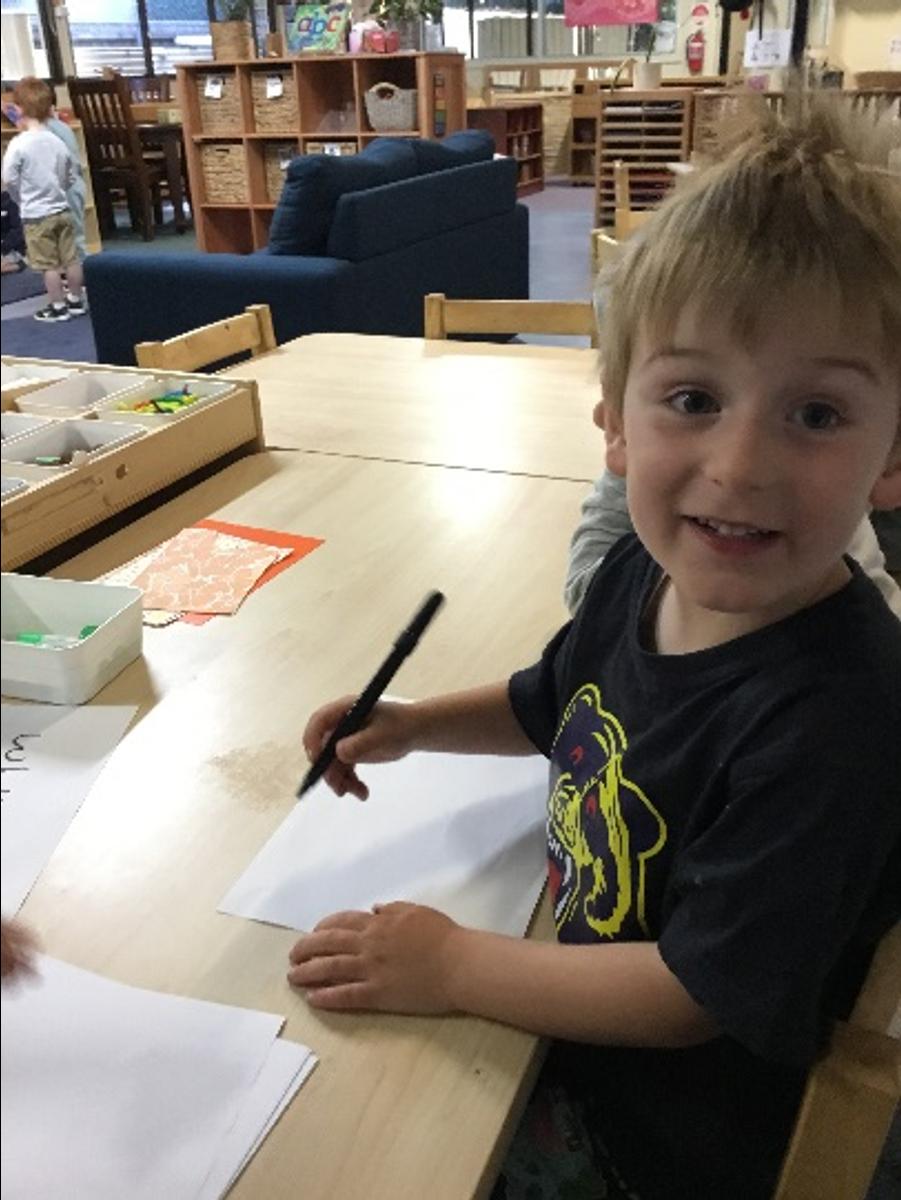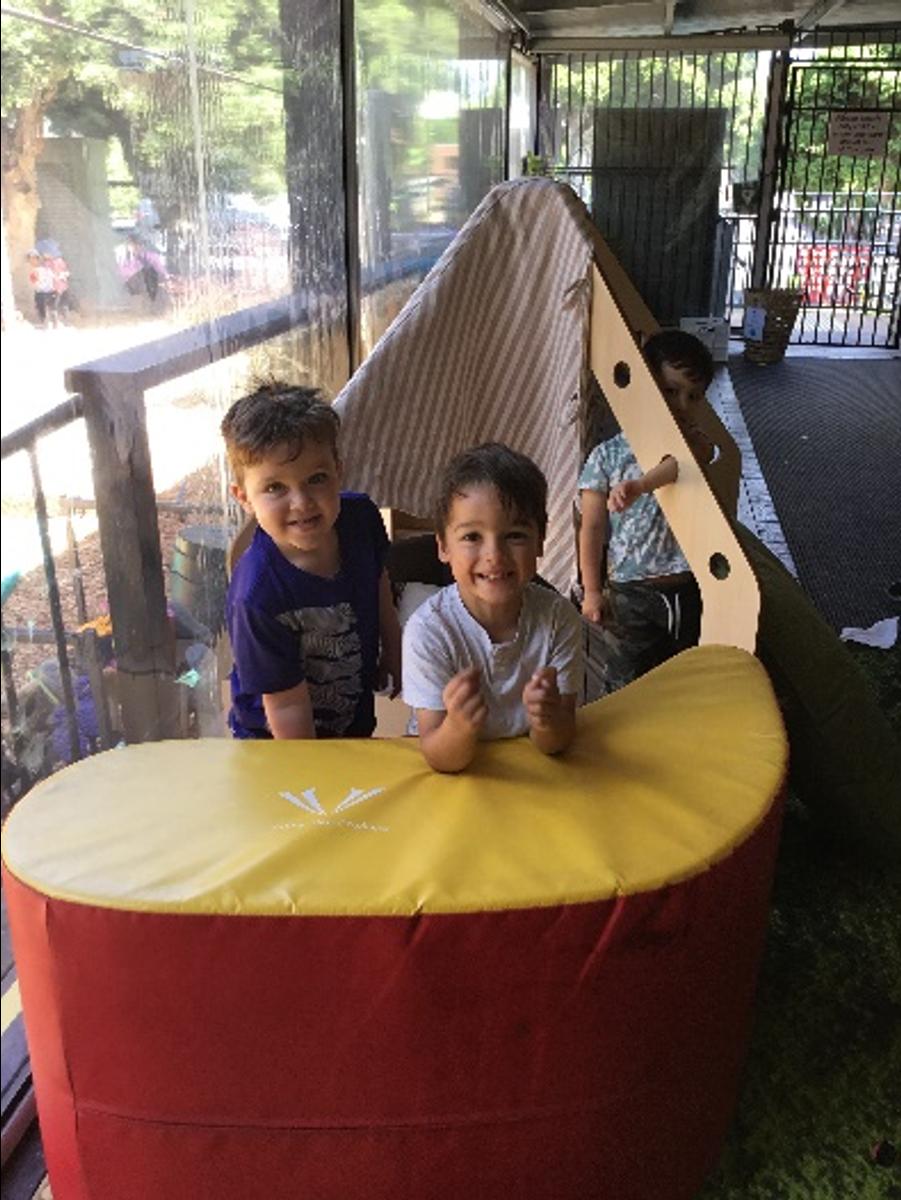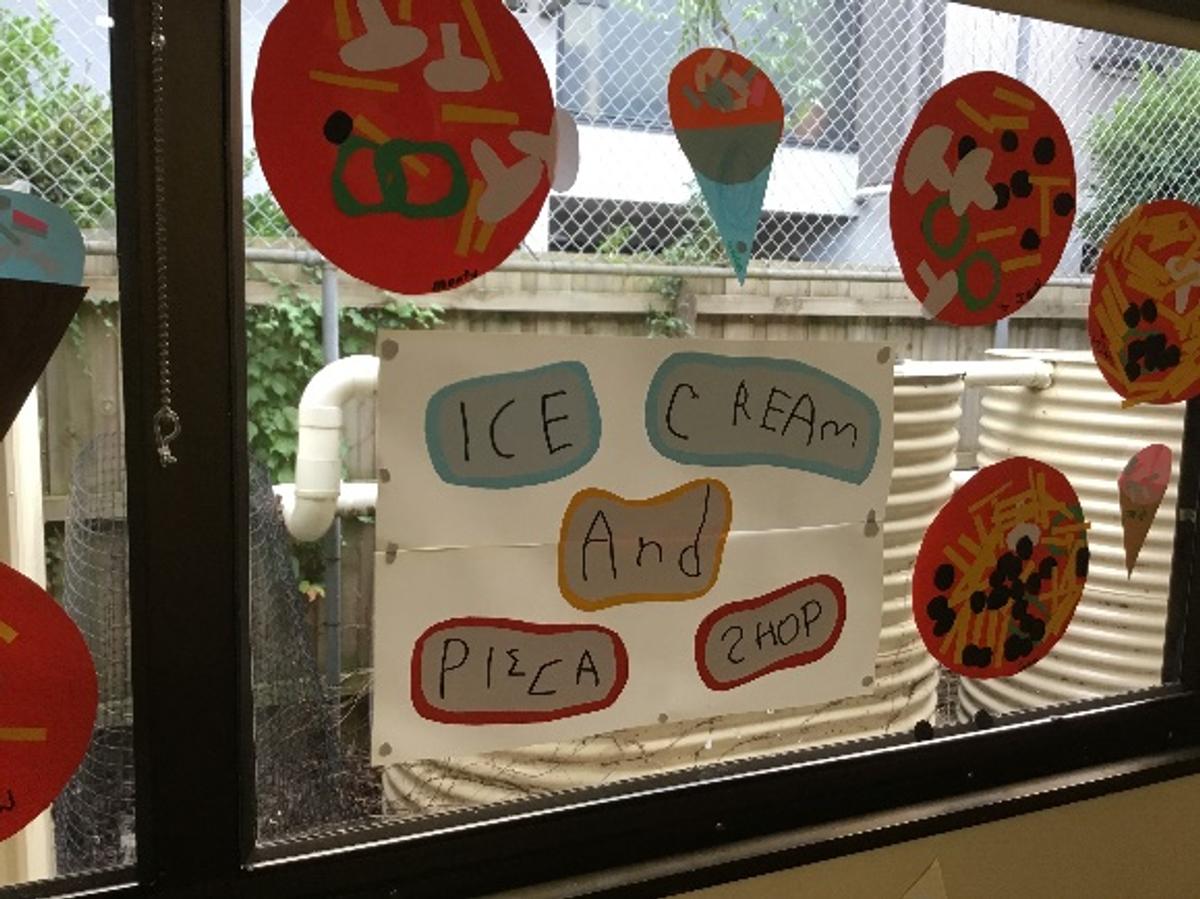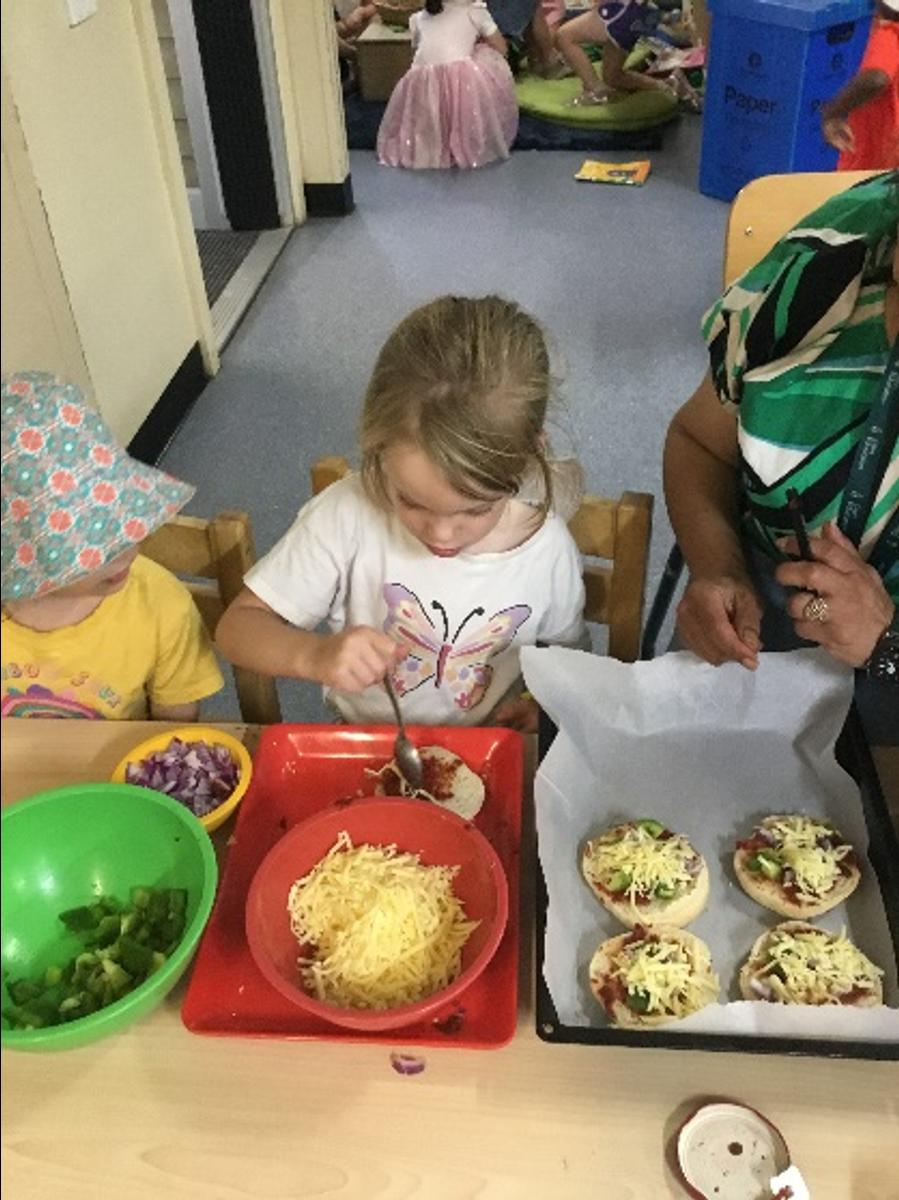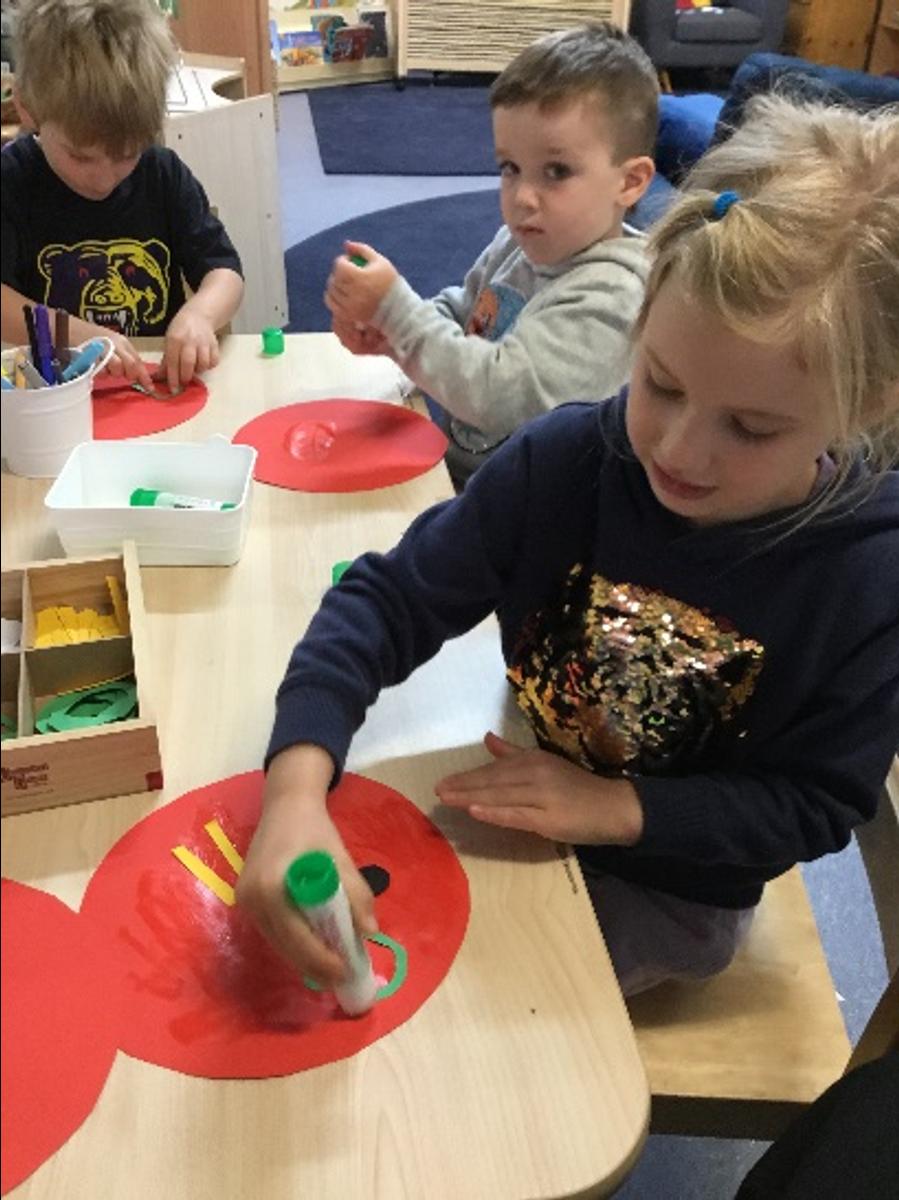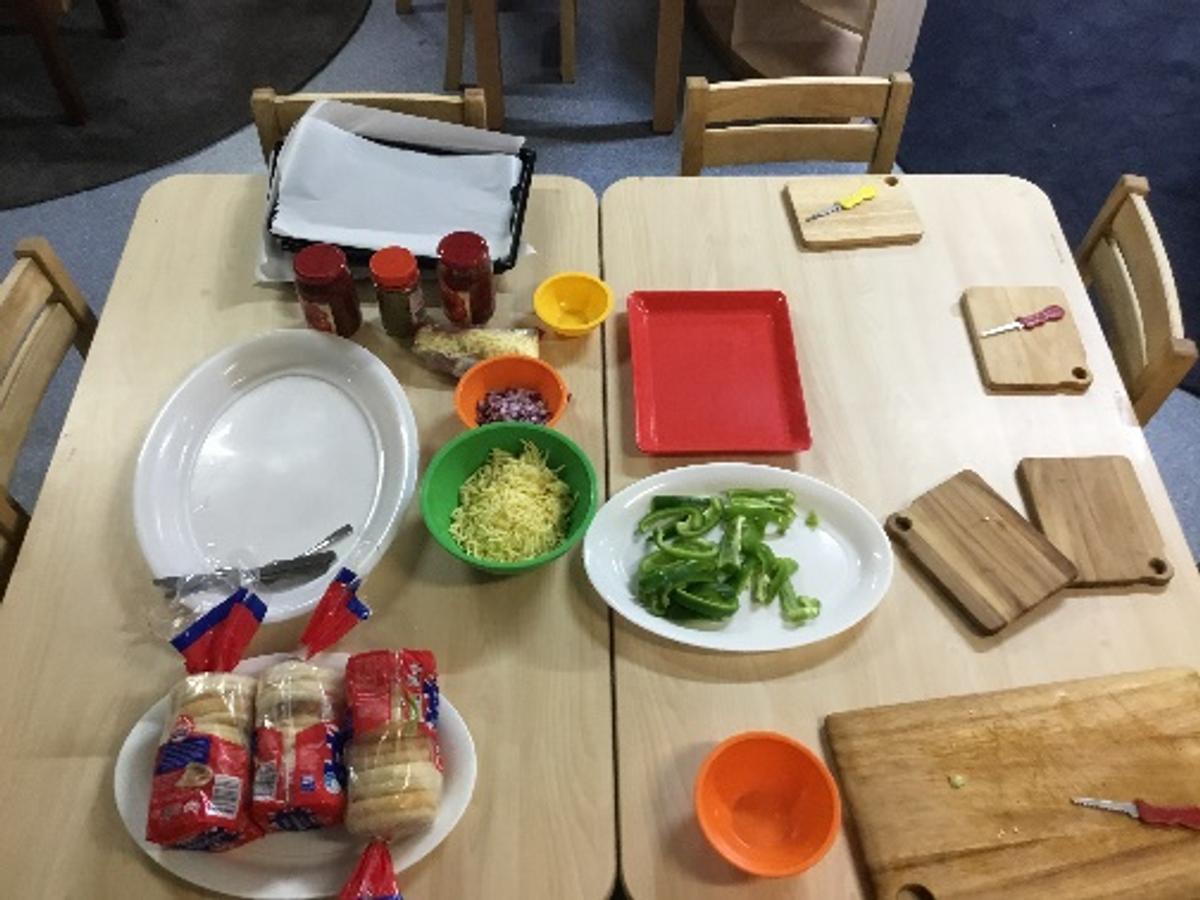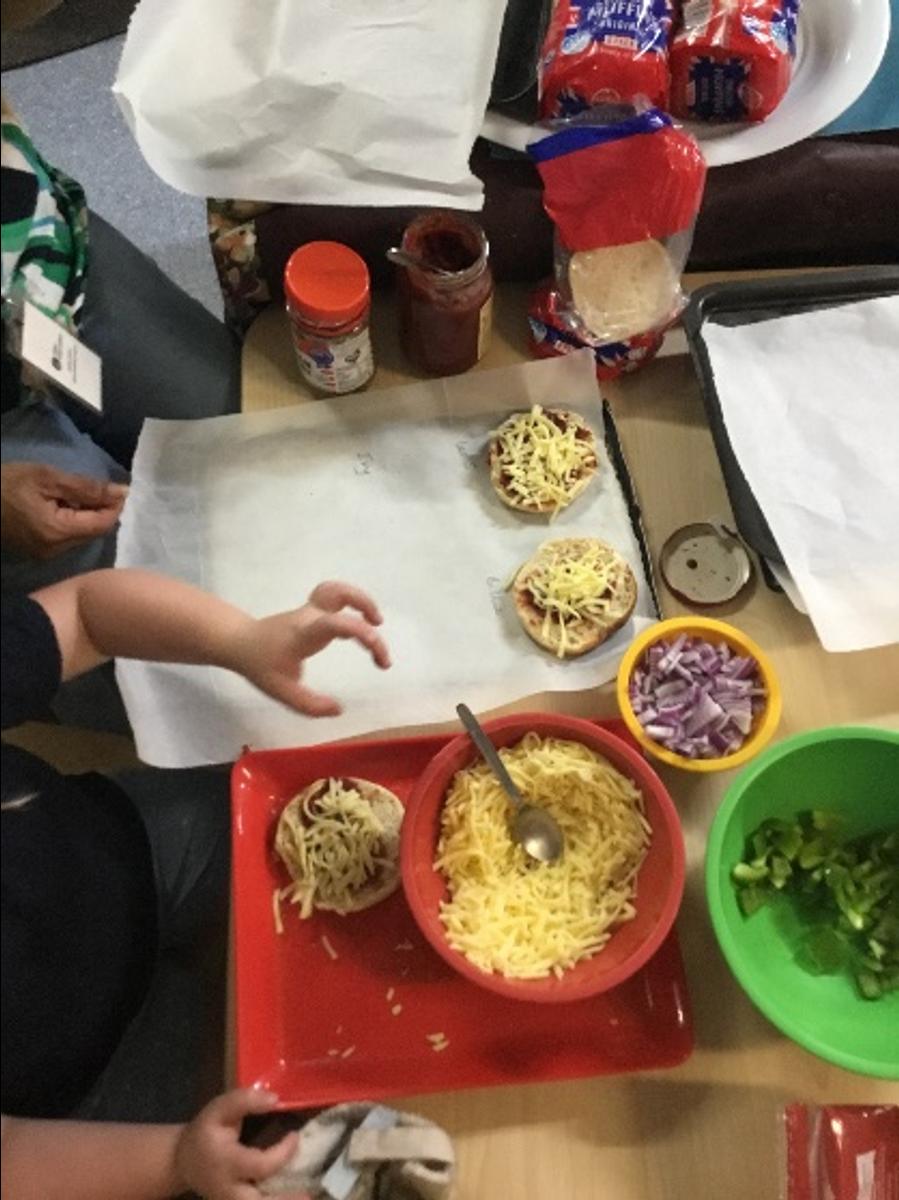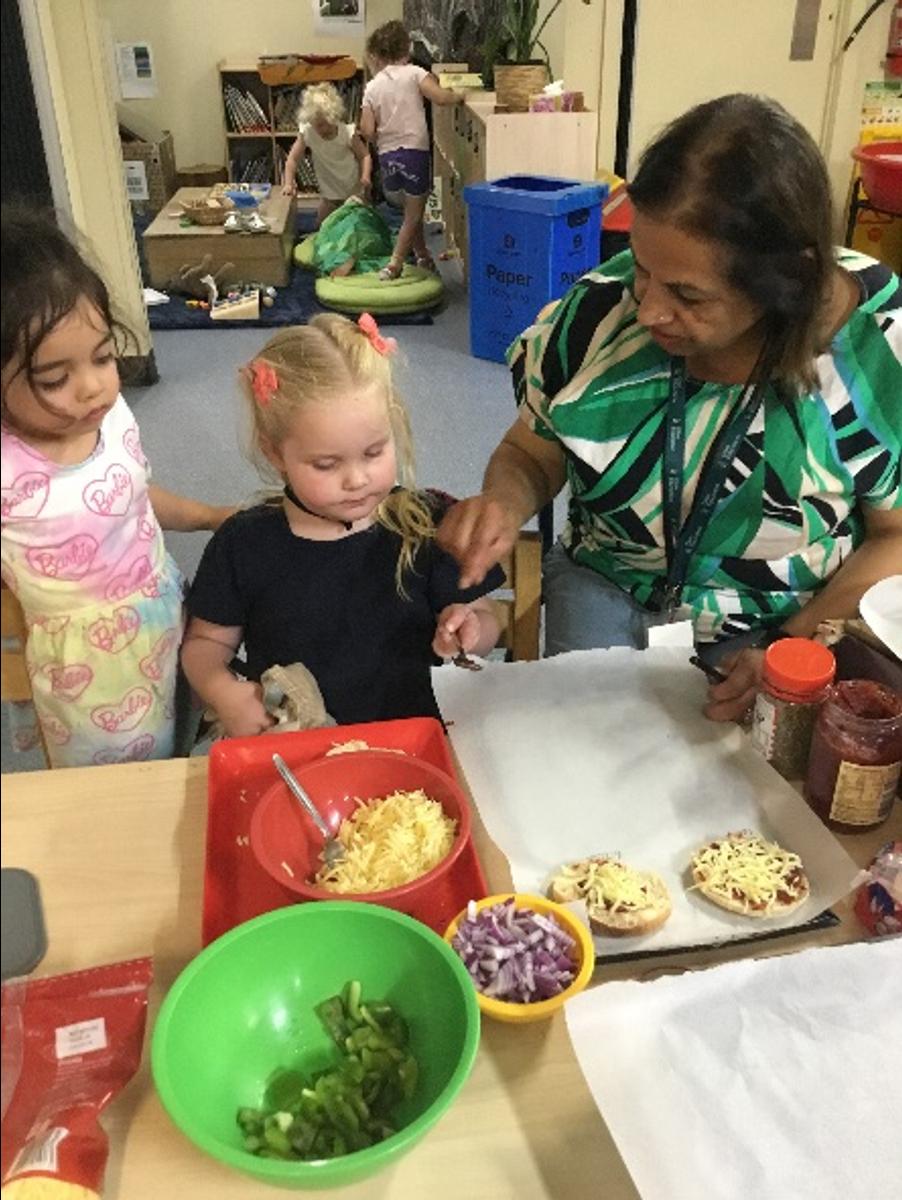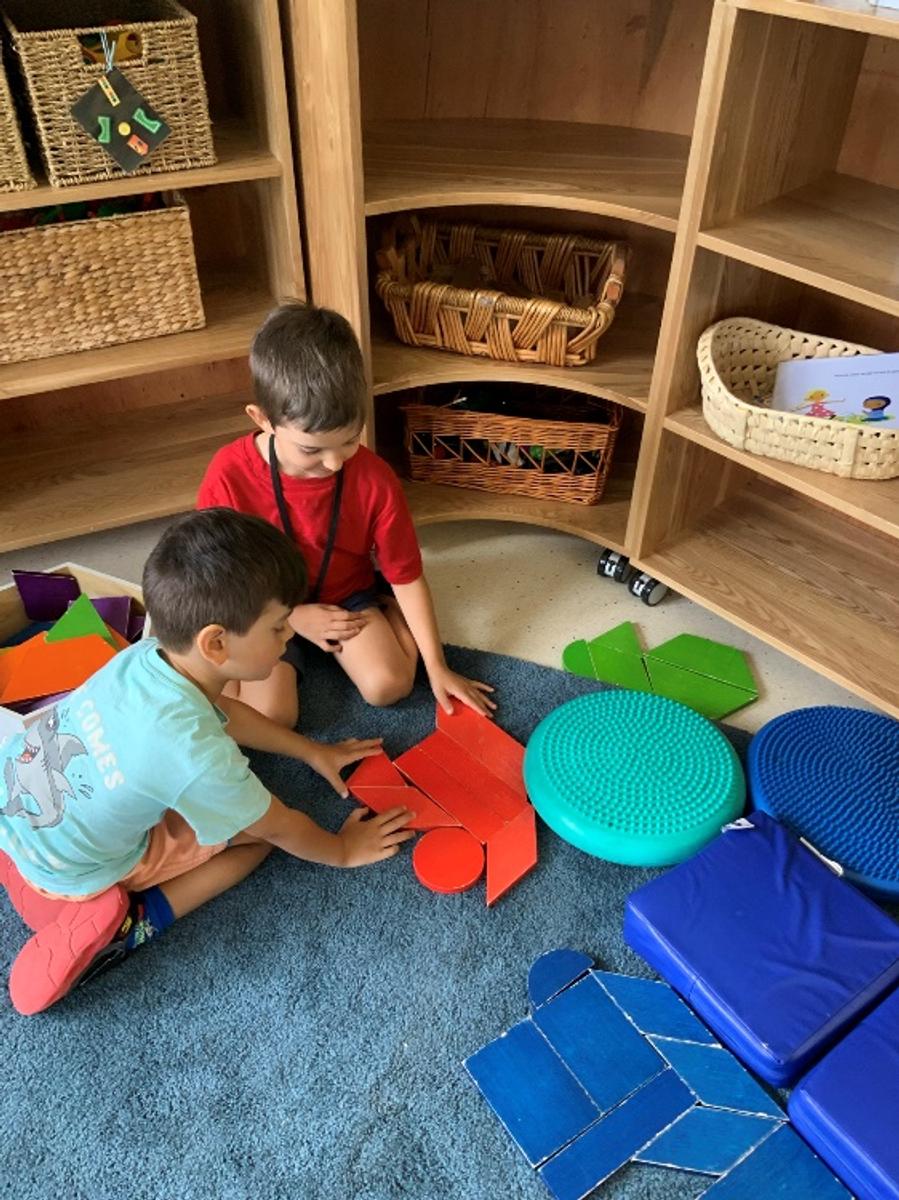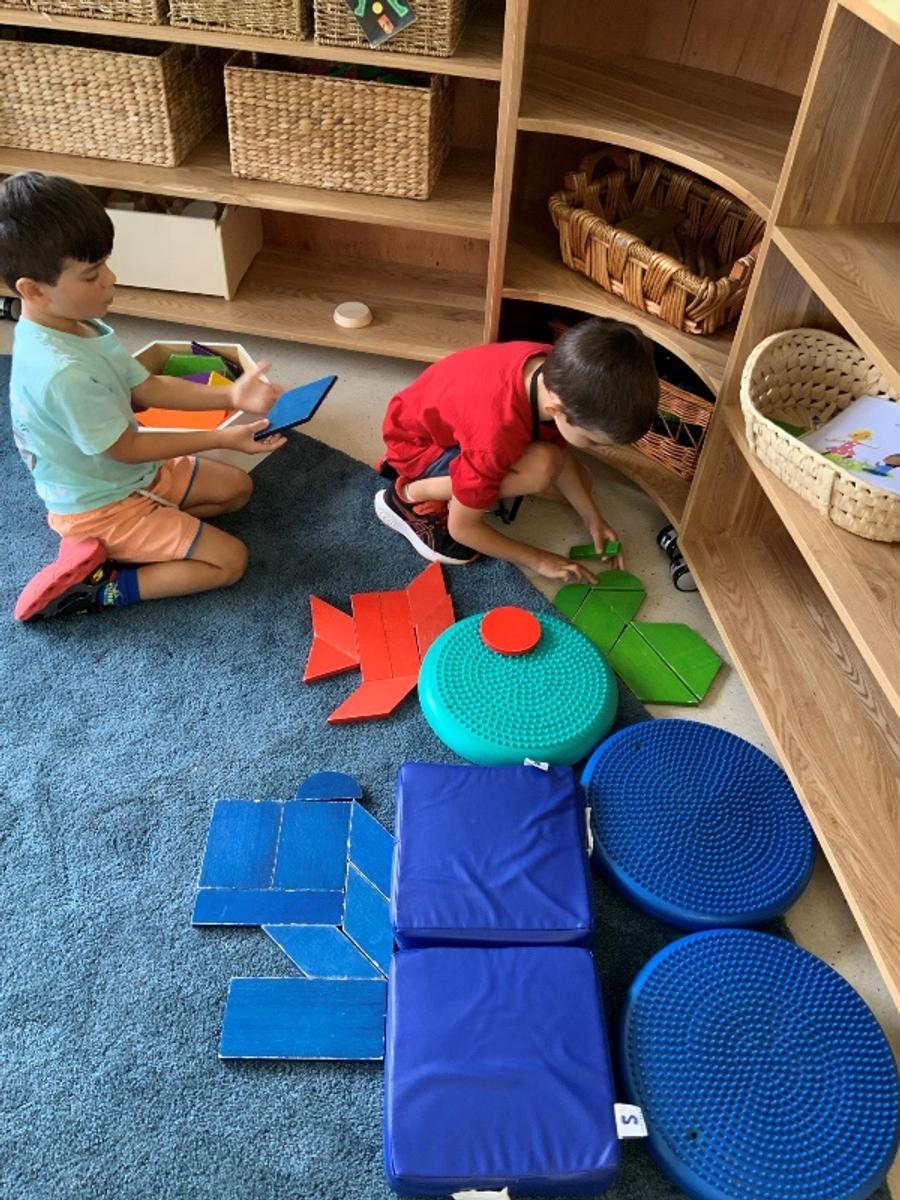Glen Education Carnegie
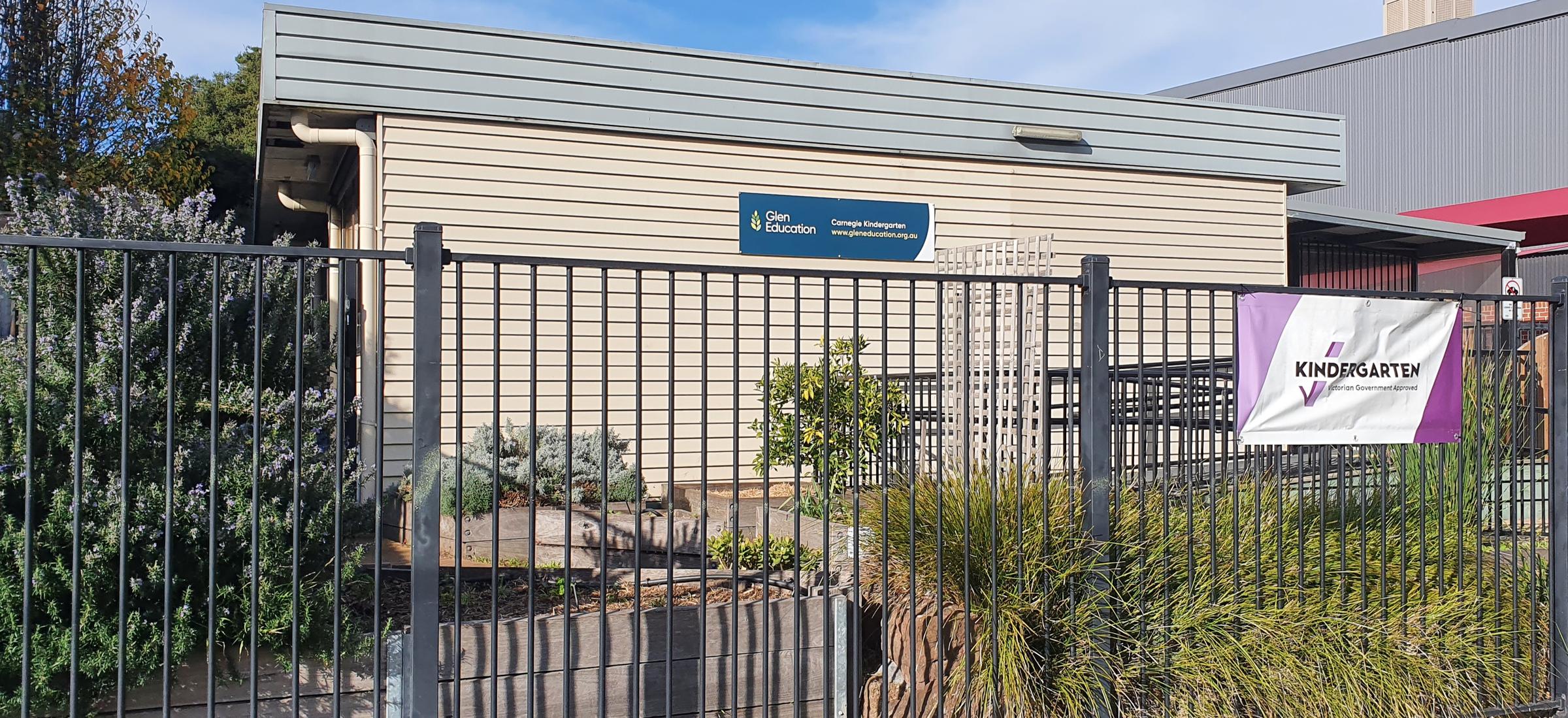
Imaginative Play
Glen Carnegie Educational Team
It’s been wonderful witnessing the progress and learning of the children at Glen Carnegie this term. We have chosen to share a group learning story that demonstrates visible elements of learning at Glen Carnegie this term. The learning story is a group documentation, about an ongoing project the children have been consistently engaged in. Their learning journey has unfolded through their creations and interactions, showcasing their active engagement and development, as well as aligning with the family goals set out at the beginning of the term.
The journey started with children eagerly chanting ‘who wants ice cream,’ and it’s been inspiring to observe their enthusiastic collaboration, sharing, turn taking, and fostering a strong sense of belonging in our kindergarten community. The pride they have in witnessing their creations displayed on the walls is really exciting to see!
We have observed the children building relationships, being open to try new activities and experiences, developing social skills, and having lots of fun!
We observed Alexander, Kavish and Monty standing inside a divider calling out to their friends, ‘Who wants ice cream, who wants ice cream?’ I asked what they were up to. ‘We have an ice cream shop!’ said Alexander. ‘Do you want an ice cream? Which flavour? We sell ice pizza too!’ Said Monty. ‘Yes please, I’d love some ice cream and pizza!’ I responded. Monty and Kavish scooped the pretend ice cream, and Alexander worked on the counter taking pretend money, then they swapped roles. They collaborated, each having a role in the ice cream/pizza shop. They displayed their social skills, sharing and ability to take turns.
After they had finished their play, I noticed Alexander at the art table making a sign for the ice cream and pizza shop, ‘these are the yummy flavours, mint, purple, orange and chocolate’. ‘Wow, you have drawn lots of delicious flavours, Alexander’.
In the coming days, we observed more children become interested in playing with, and contributing to their pretend pizza shop. The children then participated in extended activities to decorate the kitchen play area into an ice cream and pizza shop. John created the sign, as well as the menu. The children worked together to create a list of of food, drinks and the prices! Gwen, Monty, Lachlan, Jacob and Finn made pizzas and ice creams using different cut out shapes, displaying their developing fine motor skills and interest in creative experiences. While making these, they discussed their favourite foods, which opened a conversation about healthy eating and which veggies they like to eat.
In the following days, the excitement continued as the educators set up a pizza making activity. The children participated in making pizzas with their desired toppings, further immersing themselves in the pizza project! They chopped their own vegetables, spread tomato paste, sprinkled cheese and herbs, and enjoyed eating these together while socializing at lunch.
At Glen Carnegie, we continually reflect on our practise and how we can create the best possible environments for children to engage in. The revised EYLF 2.0 discusses the benefits of play based learning:
Play-based learning:
• allows for the expression of personality and uniqueness
• offers opportunities for multimodal play
• enhances thinking skills and lifelong learning dispositions such as curiosity, persistence and creativity
• enables children to make connections between prior experiences and new learning and to transfer learning from one experience to another
• assists children to develop and build relationships and friendships • develops knowledge acquisition and concepts in authentic contexts
• builds a sense of identity
• strengthens self-regulation, and physical and mental wellbeing.
"Viewing children as active participants and decision-makers opens possibilities for educators to move beyond preconceived expectations about what children can do and learn. This requires educators to understand, respect and work with each child’s unique qualities and capabilities."
Our Pizza project is an example of our commitment to creating a learning environment that values and respects all children, and celebrates each child's individual learning styles.

